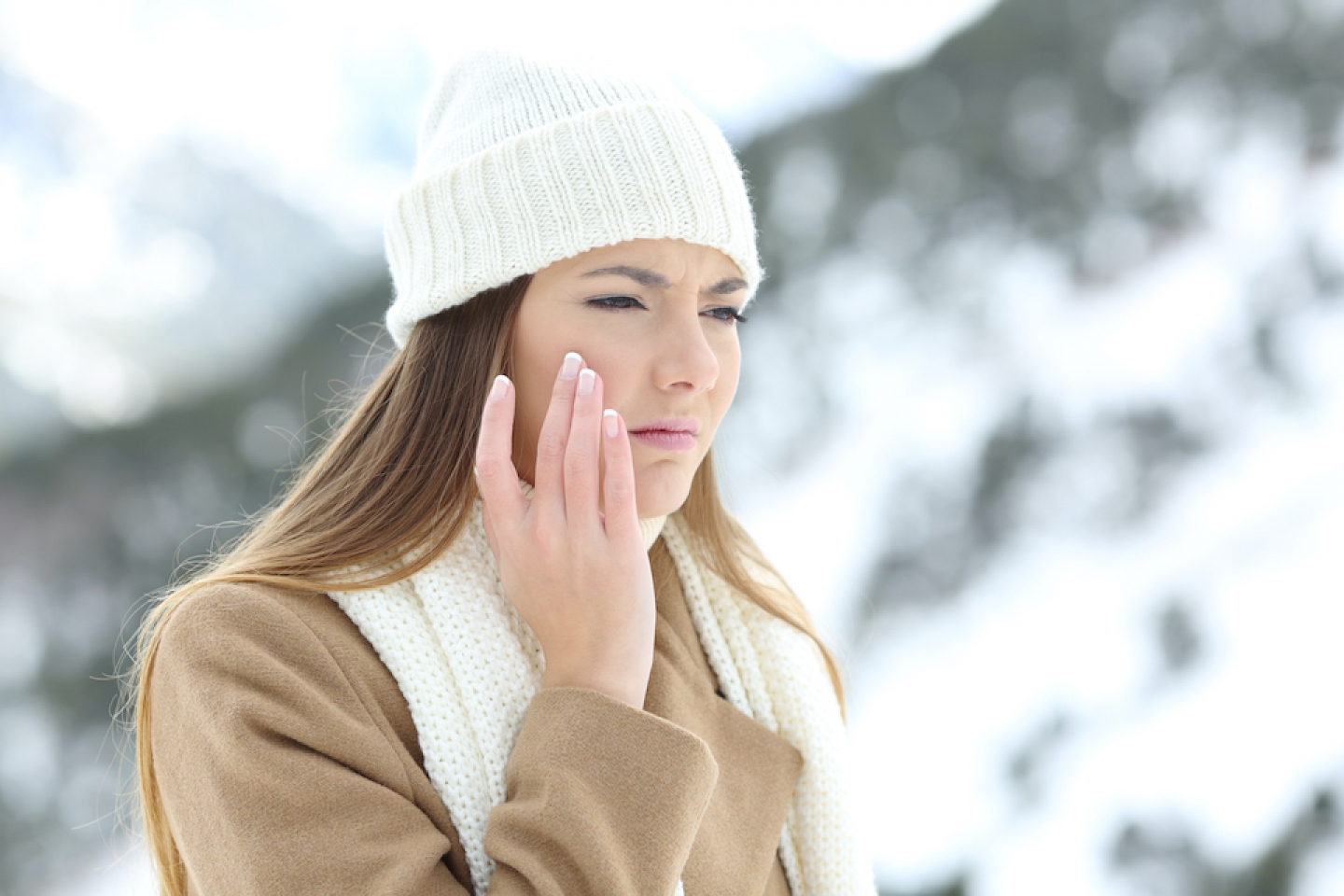
Healthy skin protects the body from exposure to viruses and bacteria, as well as the sun's damaging ultraviolet rays. But your skin could take a beating from mask wearing and cold weather, resulting in dermatitis--a rash that results from an allergic reaction--or conditions such as xerosis (dry skin) or eczema (itchy, dry, reddish patches or lesions on the skin), says Jonathan Zippin, MD, PhD, associate professor of dermatology.
Raising and lowering your mask throughout the day can irritate the skin around your mouth, nose, cheeks, and the bridge of your nose, leaving it dry and itchy. Plus, the fabric of your mask can cause an allergic reaction that makes your skin break out in a rash. “We are seeing a lot more mask-related dermatitis, as well as allergic-based reactions that might be linked to components of the masks themselves,” Dr. Zippin says.
Excessive handwashing, typical among healthcare workers, can cause dermatitis of the hands, Dr. Zippin adds. “It’s one of the primary behavioral and occupational things we’re seeing in terms of COVID-19 in the healthcare workforce,” he says.
Cold, dry weather can also leave skin dry, flaky, and itchy, as can certain environmental irritants. “We may send literature to supervisors and departments, advising them about the right soaps, gloves, and masks, so allergens are not an issue for employees,” he adds.
To protect your skin from mask irritation, cold weather, and sun exposure, the American Academy of Dermatology Association recommends: